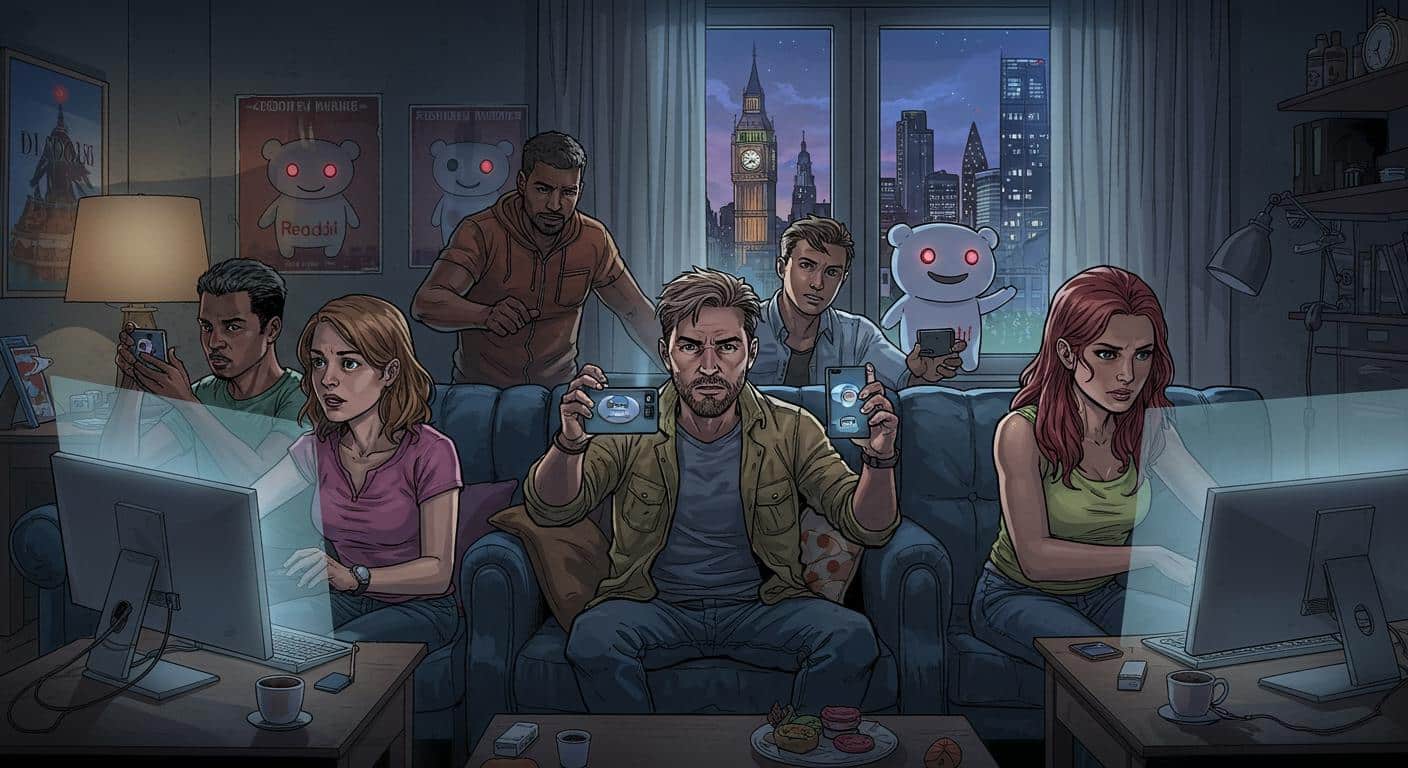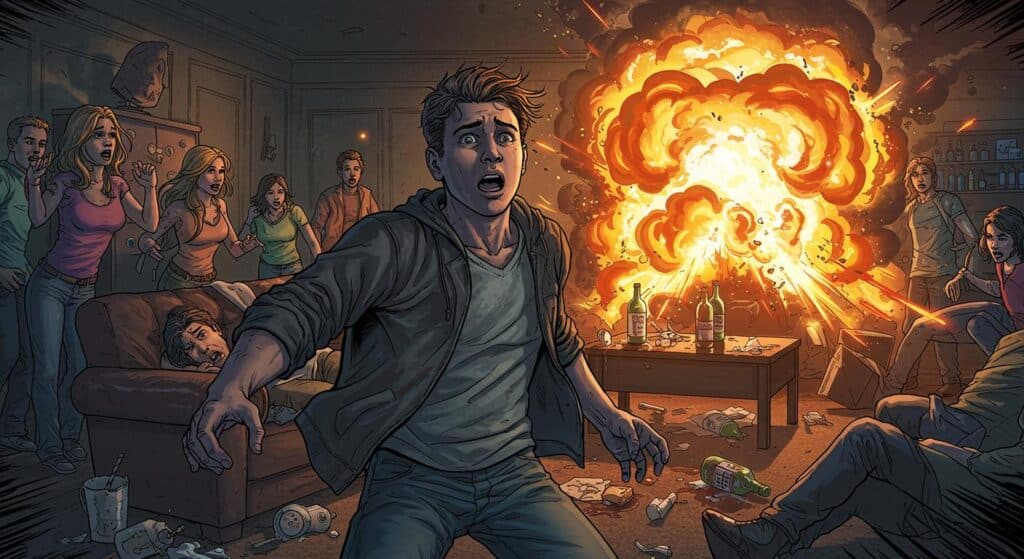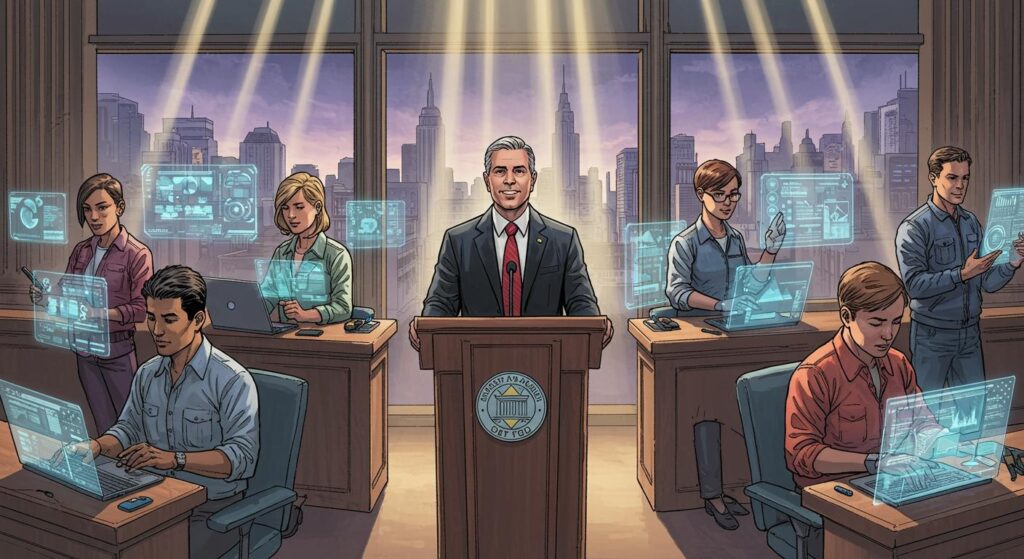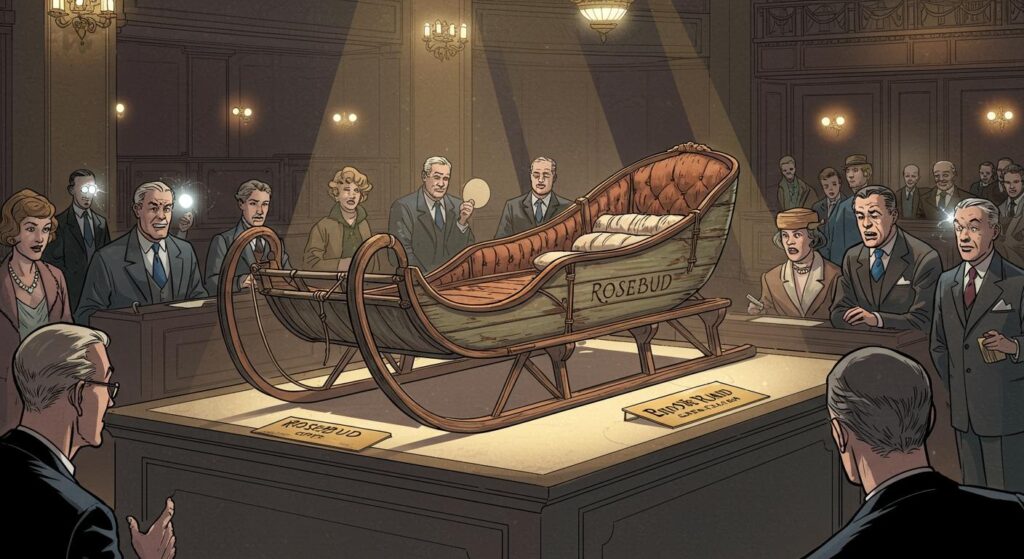If you’re a UK Reddit user with a penchant for NSFW content, it’s time to prep that selfie—a real one, not just a throwaway meme. Gone are the days when checking a box to confirm your adulthood was enough to explore Reddit’s racier neighborhoods. Under the Online Safety Act, Reddit is now requiring UK users to provide either a selfie or a government-issued ID to a third-party verifier, Persona, in order to prove they’re actually over 18.
Smile! You’re at the Age Gate
Reddit’s legal chief, Ben Lee, delivered the news as outlined by Mashable: “starting July 14 in the UK, we will begin collecting and verifying your age before you can view certain mature content.” This is not limited to the obviously explicit—TechSpot notes that the content now restricted to verified adults includes everything from sexual material to posts about bullying, suicide, self-injury, abuse, hate speech, violence (real or fictional), and even challenges or stunts that could lead to harm. The restricted list appears to have been designed with an archivist’s thoroughness and a bureaucrat’s imagination.
The practical upshot: if a UK user tries to visit a mature subreddit, Reddit will direct them to Persona, which will use either an uploaded selfie or a government ID to verify age. Persona assures would-be blushers that it deletes verification images within seven days, and, according to both Reddit’s statement and details highlighted in KnowTechie, Reddit itself never sees the photo—just your verification status and the birthdate you provided. In a repeated digital refrain, Reddit emphasizes that your birthdate won’t be visible to advertisers or other users, and that this move isn’t about identifying individuals, just about ticking the legal boxes.
Still, uploading a personal image to prove you’re eligible for internet shenanigans isn’t sitting well with everyone. Critics, cited by KnowTechie and Ars Technica, argue that funneling sensitive personal information to access online content represents a significant privacy risk, creating a widening gulf between intentions and results.
The Judgment of Verification: Uncomfortable, Ineffective, or Inevitable?
It’s a bit hard not to marvel at the way bureaucracy meets the internet’s chaotic energy. TechSpot points out that Reddit was built on the idea that users could participate and browse anonymously, a kind of safe harbor for those who prefer pseudonyms and throwaway handles to legal names and wallet selfies. And yet, as Lee indicated in the Mashable report, Reddit found itself with little choice: refusal to comply could lead to massive fines—either £18 million or 10% of global revenue, per TechSpot’s rundown of the law’s penalties. In a detail highlighted by TechSpot, the regulatory agency Ofcom acknowledged that determined teenagers would still find loopholes, but believes such measures would at least reduce accidental exposure, describing this as merely “a first step.”
Voices from privacy and digital freedom circles have been less generous. David Greene of the Electronic Frontier Foundation told the BBC, as summarized by TechSpot, “UK users can no longer use the internet without having to provide their papers, as it were,” bemoaning the lack of robust legal challenges from platforms like Reddit. Meanwhile, KnowTechie relays that many critics see device-based age checks—handled by a user’s device rather than every website—as a less invasive and more effective approach. Pornhub’s parent company, Aylo, has advocated publicly for such device solutions, hoping for less piecemeal enforcement across the internet’s many borders.
Globally, the trend isn’t unique to the UK. KnowTechie, drawing on reporting from The Verge and BBC, notes Australia’s upcoming rollout of search engine age-checks, and a patchwork of US states enacting their own ID rules for adult sites. The motive is nearly universal—shielding kids from inappropriate material. The strategy, however, is anything but settled: while device-based systems might satisfy privacy concerns, the current UK law places the onus squarely on each individual platform.
Irony, Privacy, and the Paperless Paper Trail
There’s an undeniable irony threading through all this. In a stated attempt to protect privacy and keep kids safe, platforms now find themselves collecting and (however briefly) handling more personal information than ever. As Reddit’s UK users upload their faces or IDs to Persona, many will be quietly weighing the risks, rewards, and lingering absurdities. Is forfeiting a bit of anonymity really the cost of entry for frank conversations about sexuality, mental health, or just a laugh over a ridiculous meme?
Reddit’s leadership, at least, seems aware of the discomfort. As Mashable details, Lee promised the platform is watching legal developments and advocating for alternatives “that don’t require platforms to ask for id’s.” There’s an air of weary resignation, perhaps, but also a hint that these systems are likely to become more widespread before they ever get simpler or less intrusive.
So, for UK denizens of the digital underworld (and let’s face it, the simply curious or unlucky), the modern rite of passage isn’t so much fuzzy logic as facial recognition. Is it a necessary protective measure, a digital DMV queue, or just the newest entry into our growing catalogue of online oddities? One can only wonder if, years from now, the notion of anonymous browsing will feel like an amusing historical footnote—a relic of the pre-selfie internet.
In any case, the new reality reads unmistakably British: a bit of patience, a bit of paperwork, and just the faintest whiff of resigned irony.







